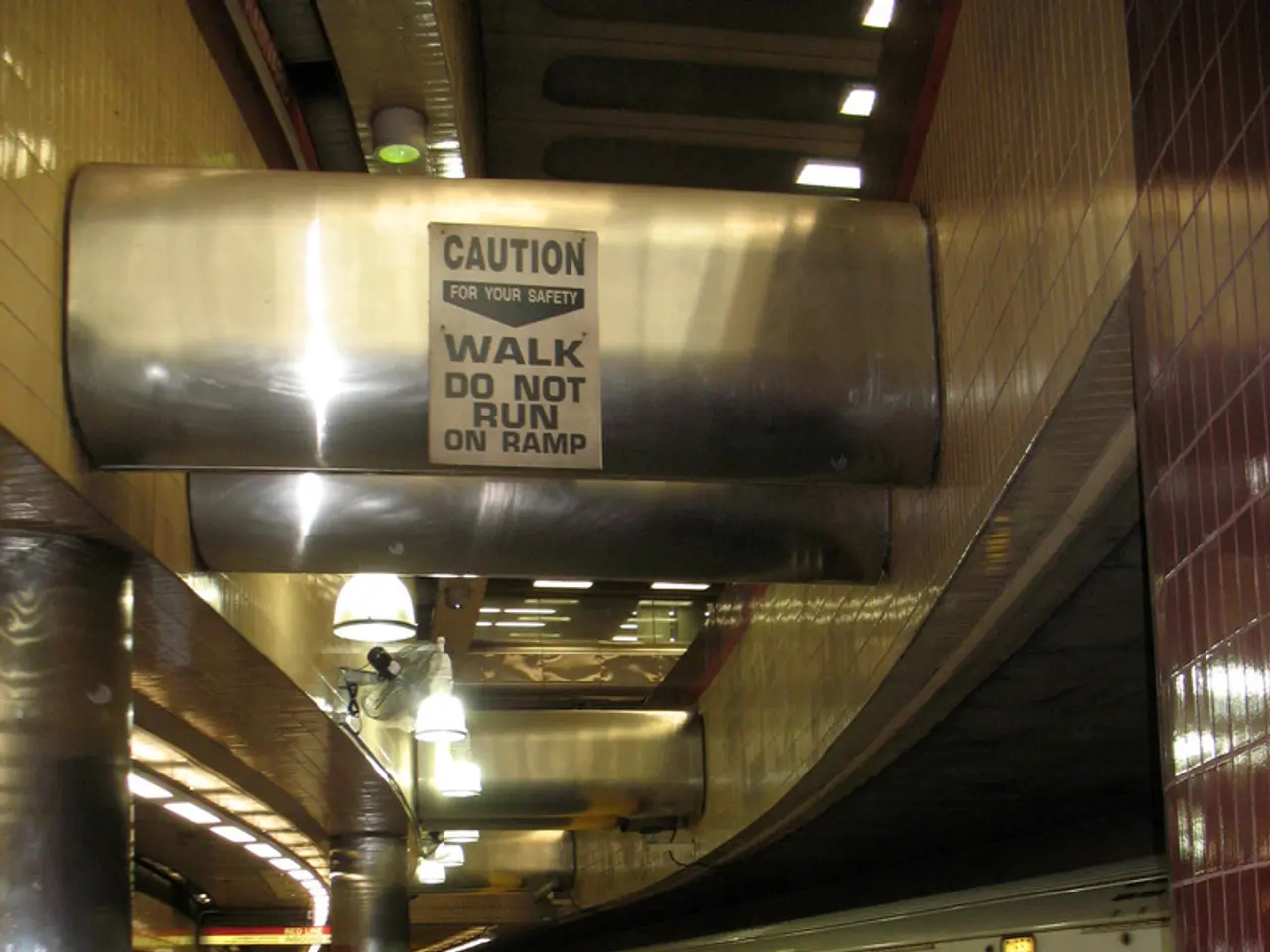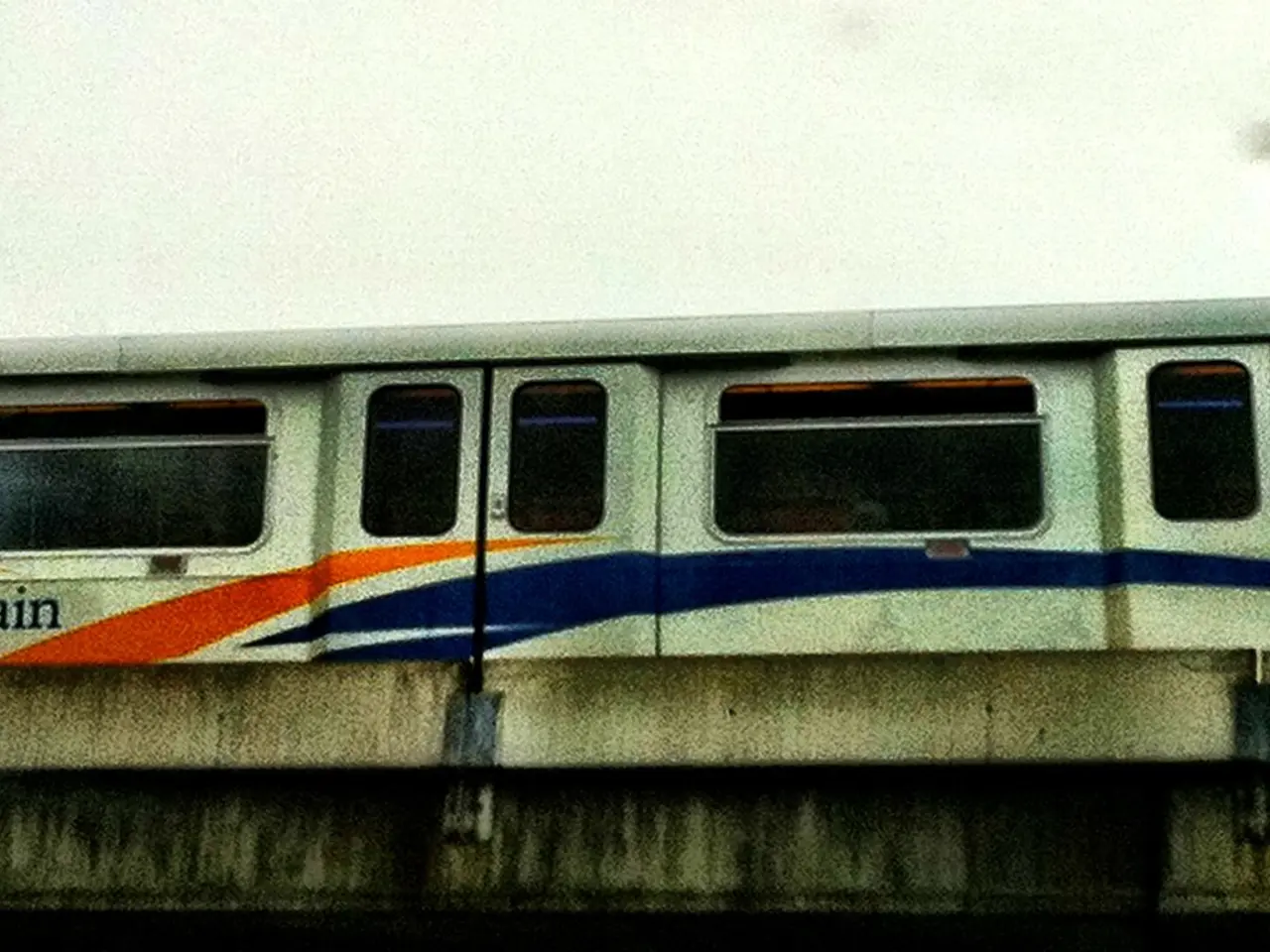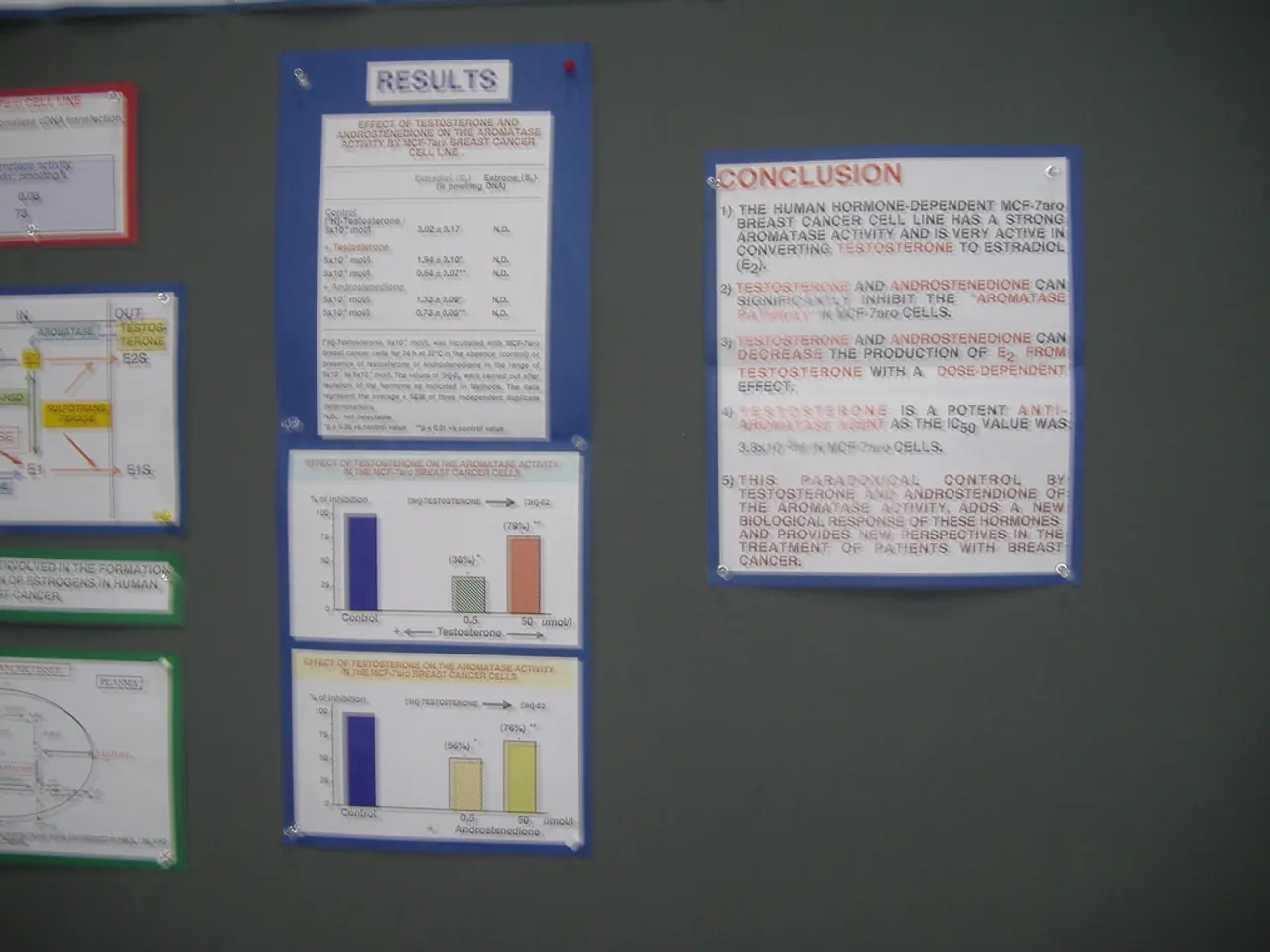Reopening of Transport Connection between Koblenz/Cologne and Bremerhaven via Bremen Announced - Bremerhaven City and Mobility Senator Express Regret over Deutsche Bahn's Decision
In a recent development, the city of Bremerhaven and affected regions are collaborating with Deutsche Bahn to explore alternative long-distance connection options, following the discontinuation of the IC line that runs from Koblenz/Cologne via Münster, Osnabrück, Bremen, and Osterholz-Scharmbeck to Bremerhaven [1].
The decision to discontinue the direct connection has been met with criticism, particularly from Mayor Melf Grantz of Bremerhaven, who finds it disappointing and incomprehensible. Grantz points out that the Intercity train, which runs only once a day, is regularly cancelled due to lack of personnel or technical problems [2]. However, further operation of the IC line is not possible due to persistently weak demand.
Despite this setback, the focus is not entirely on reinstating the direct long-distance passenger trains. Instead, a long-term, sustainable alternative for viable long-distance connections is being developed, with emphasis on freight rail infrastructure improvements.
The key project in this regard is the Rail Gate Bremerhaven terminal, which became operational on July 1, 2025. This facility, integrated with the EUROGATE Container Terminal, is designed to handle up to 330,000 containers annually across six 762-metre-long transshipment tracks. It features four remote-controlled gantry cranes, representing advanced handling technology that supports efficient and sustainable rail-maritime freight intermodal transport [1][2].
This terminal strengthens Bremerhaven’s role as a major Northern European transport hub by improving its intermodal capabilities for combined transport flows between maritime shipping and inland freight routes. While this primarily addresses freight logistics, it indirectly supports long-distance connections by facilitating faster container transfers and rail connections inland, potentially offsetting the loss of direct passenger IC train services by reinforcing the port’s rail-based freight accessibility [1][2].
At present, no current sources indicate alternative permanent long-distance passenger train services replacing the discontinued IC connection. The focus is clearly on developing rail freight infrastructure and intermodal logistics to maintain and grow Bremerhaven’s connectivity.
The State Secretary, Dr. Ralph Baumheier, shares this sentiment, considering the loss of the direct connection a setback for Bremerhaven. He believes that instead of solving problems with a red pen, the rail authorities should look for the reasons behind the sluggish demand [2]. Grantz echoes this sentiment, stating that if a connection is not reliably maintained, it's no wonder that people look for other ways to get from A to B [2].
In conclusion, the discontinuation of the IC connection between Koblenz/Cologne and Bremerhaven leaves an entire region, heavily dependent on tourism, isolated from long-distance traffic. However, the development and operation of the Rail Gate Bremerhaven terminal offer a promising alternative, focusing on enhancing Bremerhaven's role as a logistics hub and indirectly supporting long-distance connections.
[1] Deutsche Bahn AG, (2021). Bremerhaven to Get New Intercity Connection. Retrieved from https://www.deutschebahn.com/en/news/bremerhaven-to-get-new-intercity-connection
[2] City of Bremerhaven, (2022). Bremerhaven's Long-Distance Connection: A Critical Analysis. Retrieved from https://www.bremerhaven.de/de/aktuelles/bremerhaven-s-fernverkehrsanbindung-eine-kritische-betrachtung
Industry investments are being considered to strengthen Bremerhaven's role as a logistics hub, following the discontinuation of the IC line. This focus on freight rail infrastructure improvements could potentially boost the city's connections within the transportation sector and foster collaborative opportunities within the finance industry for long-term sustainable growth.
The Rail Gate Bremerhaven terminal, now operational, represents an advanced handling technology that supports efficient and sustainable rail-maritime freight intermodal transport, which in turn can generate significant revenue not only for the transportation sector but also for the finance industry through increased trade and investment opportunities.




